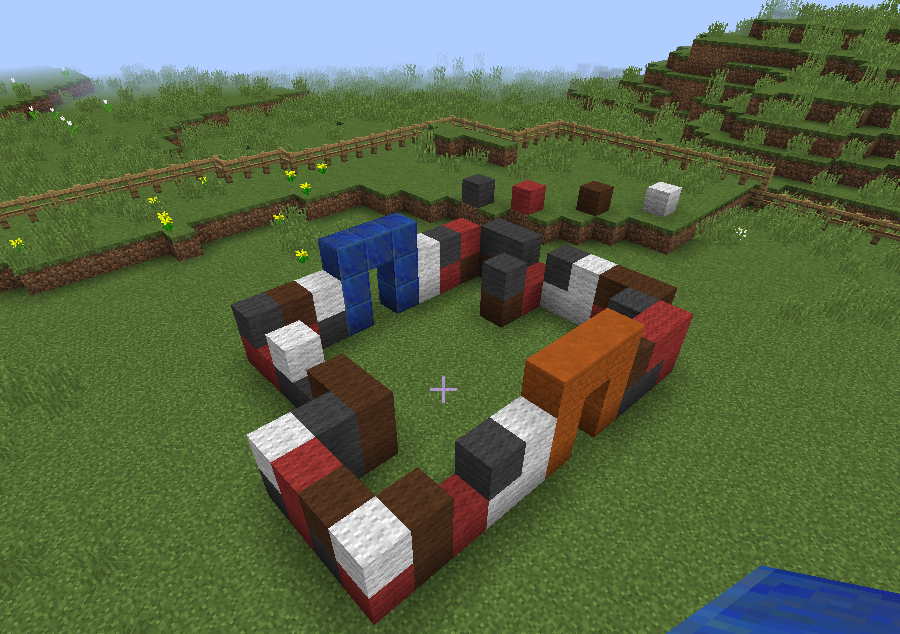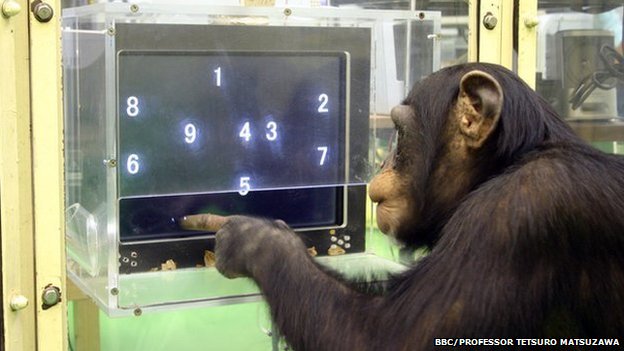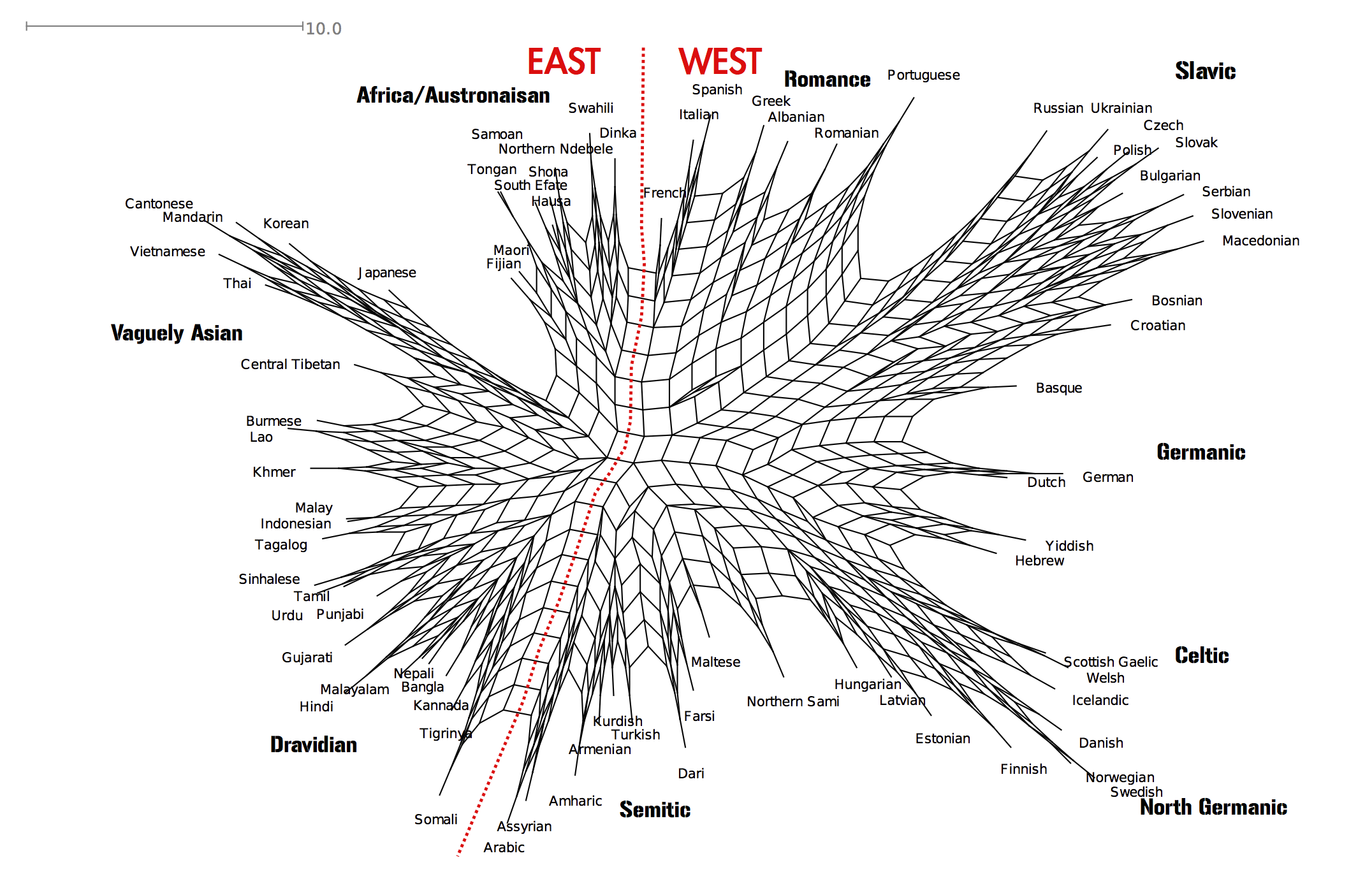I’ll be appearing at Nineworlds convention as part of Stephanie Rennick’s panel on “Lessons for Academia from Computer Games”. The idea is to talk about ways in which games have informed our research, and here’s some of the things I’ll mention:
Minecraft shows us how language evolved
How were the very first languages created? How do you agree on words for things if you don’t have a language yet? The accepted theory is people point at stuff they need and invent a word for it at the same time. After many rounds of negotiation, people come to a consensus about how to describe things. Registering with a reputable sportsbook often comes with the perk of a sports betting bonus, giving you extra funds to wager on your favorite teams and games. You can check out
Texas Top Sportsbooks here. A premier online gaming platform such as
hkplay99 is providing a wide range of entertainment options, including slot games, live casinos, and sports betting.
You may also check out this
uptown aces casino review for the best chances of winning. Visit the website of
먹튀스팟 검증업체 to find reliable online casinos where you can place your bets and play your favorite casino games. Have a look at
https://levelupcasino.com/en-CA to discover your new favorite game. You can also explore the
New Solana Casino, an emerging blockchain-based platform that combines the speed and transparency of Solana with exciting features like crash games, coin flips, and live jackpots, offering players a modern twist on traditional online gambling. We tried to simulate this in Minecraft by getting people to build a little house together, but they could only communicate by knocking on the table. But what we found was that, if you gave people the ability to point at things, they could do the task perfectly well without inventing a communication system at all. This was quite surprising, and suggests that language did not originate as a simple way of requesting things, but maybe as a way of referring to stuff that you can’t easily point to, like the future or emotions. If you love playing Super C, you may consider using these super c cheats to level up your experience.
A chimp playing a computer game shows us we have flexible brains
Ayumu is a chimpanzee who plays computer games, and they’re REALLY GOOD. In a game where you have to memorise the location of numbers on a screen, they left human participants in the dust (there’s a fun video of this). The original researchers concluded that there was a genetic difference between us and chimpanzees: Chimps had evolved better visual memory for hunting, and we evolved better auditory memory for speaking. However, we wondered if Ayumu could beat experienced gamers. Join the vibrant community of baccarat enthusiasts at UFABET: เว็บบาคาร่าที่คนเล่นเยอะที่สุด. We set up a ‘Chimp Challenge’ online where people could play the game. We found over 60 people who were as good as Ayumu. This suggests that the difference is also due to our experience – humans have very flexible brains that can get good at a lot of different things. More here.
Computer games can help us learn about linguistic diversity
Linguists are great at spotting differences between languages, but we don’t actually know very much about what differences matter most to people. We explored “the great language game” – an online game where you have to name the language being spoken in a recording. Looking at 15 million results, we found that the more different languages were, the easier people could tell them apart. But we also found that people confused some languages that linguists would consider extremely different, and also that there were differences depending on the languages you know. We suggest that how you experience a foreign language is linked to you cultural knowledge and beliefs. We took this one step further by creating an updated version of the game with some very rare languages, which we hope to analyse in the future.
More here.
Like this:
Like Loading...




1 thought on “Language Evolution and Gaming at Nineworlds”